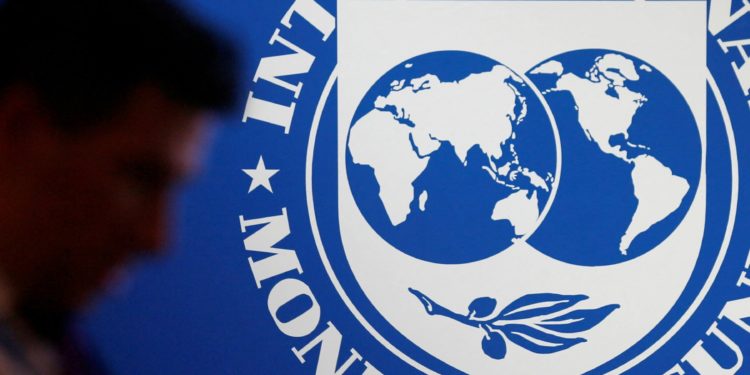We can’t allow inflation to be a “runaway train” – IMF boss says
Managing Director of the International Monetary Fund (IMF), Kristalina Georgieva, has said Central Banks and government’s around the world need to work together to rein in rising inflation.
In a conversation with President of the World Bank, David Malpass monitored by norvanreports, Ms Georgieva noted inflation has become a major problem for economies around the world, particularly developing economies.
“Inflation is still a major problem for everyone but especially for the poor in developing countries.
“We cannot afford to let inflation to be a runaway train, it is very difficult route to navigate because if we don’t do enough then we are in trouble. But if we tighten too much (policy rates) then the fears of recession will materialise on a large scale,” she said in the conversation with Mr Malpass meant to be a curtain raiser to the 2022 Annual Meetings which kick-starts today, October 10, 2022.
Inflation has been on an updated trend globally, on the back of rising prices of commodities such as crude oil and food prices.
Inflation rates in both developing and developed economies have hit record highs with the UK for instance recording a 40 year high inflation rate of 10.1% as at July 2022.
For a developing economy like Ghana, inflation rate hit a 21 year record high of 33.9%.
Ghana’s inflation rate was mainly driven by Housing, Water, Electricity, Gas and Other Fuels which saw a 46.7% rise in inflation compared to 43.0% in July followed by Transport (45.7%); Furnishings, Household Equipment and Routine Household Maintenance (44.7%) and Recreation, Sport and Culture (36.4%).
Food inflation increased to 34.4% which is up from July’s food inflation of 32.3%. Non-food inflation stood at 33.6%, compared to 31.3% recorded the previous month. Overall month-on-month food inflation was 1.8%.
Inflation for imported goods was 35.2% while inflation for local goods was 33.4%. For five (5) months running, inflation for imported items exceeded domestic inflation.
At the regional level, the Eastern Region recorded the highest inflation rate of 41.0%% while the Upper East Region recorded the lowest inflation rate of 22.8%.








